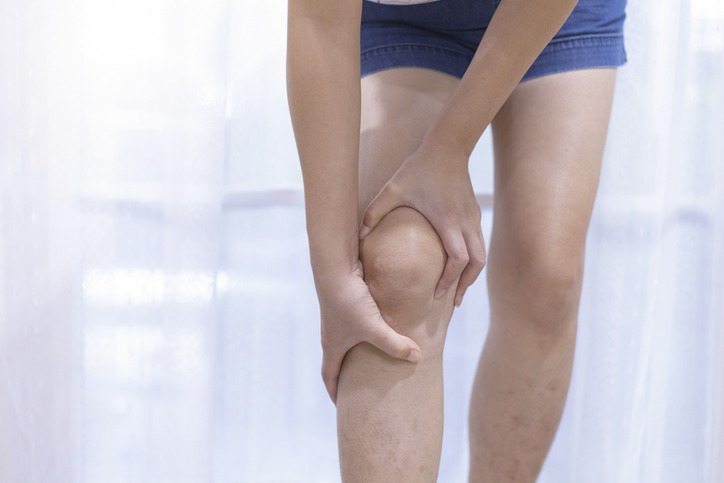The effects of systemic mastocytosis (SM) can lead to a reduction in bone density, leaving bones more fragile and at risk of fracture. The prevalence of osteoporosis in people living withSM is quite high (24%), with postmenopausal women the most often affected.
Still, there are ways to help protect and strengthen bones and joints, such as changes in medication and lifestyle.
What is SM?
SM is a rare blood disorder affecting the mast cells that are part of the body’s immune system. Mast cells are white blood cells found in the connective tissue of the skin, internal organs and bones. When they detect a potential allergen or bacteria, they release histamine and other chemicals into the bloodstream to protect the body.
The onset of SM causes them to multiply uncontrollably and accumulate in the body. They release excessive histamine and trigger symptoms such as inflamed, itchy skin, flushing, headaches, brain fog, bone and joint pain, osteoporosis, palpitations, gastrointestinal issues such as vomiting and diarrhea, mood changes and fatigue.
Most often diagnosed in adults around the age of 50 years old, SM can impact quality of life and longevity. Treatment focuses on avoiding symptom triggers and the management of symptoms, when they occur, through medication, diet and lifestyle changes.
Prevention and treatment of osteoporosis in SM
Taking proactive steps to reduce or eliminate risk factors such as smoking, being inactive, drinking too much alcohol and not eating a healthy diet can help prevent the onset of osteoporosis and can also help to manage your SM symptom burden. Avoiding your SM symptom triggers to avoid activating the mast cells’ immune response will protect the bone and bone marrow and support overall bone health.
There is no cure for osteoporosis, but there are ways to slow the rate of bone loss and improve bone strength.
Your healthcare provider can advise you on how to best manage both diseases. In particular, any treatment will need to take into account any potential triggers of SM symptoms. Care must be taken so that medication for these conditions can co-exist.
People with SM who have osteoporosis are primarily treated with bisphosphonate. However, this treatment can have gastrointestinal side effects, so make sure you are aware of this if you are going to start treatment.
A nutritious diet including dairy and leafy greens, as well as dietary supplements and vitamins B12, C, D, K and calcium will help improve bone health. Regular low impact physical activity, including strength training, can also build bone density.

